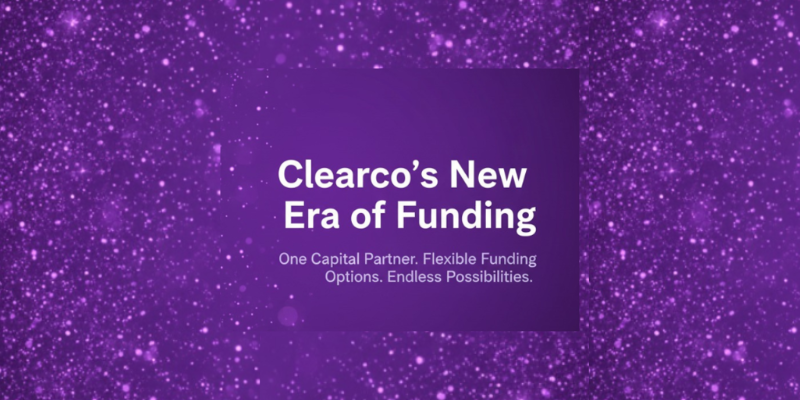5 marketing growth strategies moving the needle for founders right now

Marketing moves fast. You hear your founder friends recommend TikTok, email marketing, and all kinds of complicated sales funnels, but when you go to execute, it often feels like taking shots in the dark. What marketing strategy really works best? With the world more digital than ever before, and a crowded e-commerce space, what actually moves the needle seems to change week by week. For founders, nailing down the right marketing strategies has become harder than ever.
As soon as you get to building your email list, the next big thing is SMS…
When you finally get your Facebook pixel set up for ads, TikTok ads start converting higher…
For most of us, it feels like we’re on a hamster wheel, chasing growth and conversions without ever really catching up. At the end of the day, you can only do your best to keep pace. Here are five marketing growth strategies that are moving the needle for e-commerce founders right now.
1. Referral programs
Since the term was coined in the 1970’s, word of mouth marketing (WOMM) has been the most effective form of selling products. According to Nielsen, 92% of people trust recommendations from friends and family over any other type of advertising. If executed strategically, referrals are a more actionable and trackable form of WOMM. Every founder has come across a situation where they need a piece of software to solve a business problem. It’s no wonder they go straight to their founder friends to source a software recommendation.
Programs can go one step further than WOMM by giving extra incentive to take action on a referral request from a company. By offering a reward to your existing buyers for a referral, you are more likely to be discovered by your right-fit customers, grow your client base, and delight and engage those connected to your brand. Customers brought in through referral programs tend to be much more loyal to your brand in the long-term. According to Extole, referred prospects convert at a 3-5X higher rate than average customers and are then 4X more likely to share a referral themselves. This gives referred buyers greater customer lifetime value to your business.
How to leverage a referral program for your business
To begin, think of an incentive that fits your product or service offerings. If you are a software company, you could offer three free months of your premium service for a referral. If you're an online jewelry business, perhaps you could send a free gift to a friend when they buy a specific item. The most common referral incentives include discounts, cash prizes, free merchandise, cash rebates, and gift cards. Think about an incentive that fits both your business model and customer values.
Next, sort out the terms and conditions on who can participate in your program and how many times they can refer someone. Once you have your incentive and reward system planned out, you'll need a process set up to ensure customers get rewarded when referrals occur. This will vary based on your company. For instance, you could use a discount trigger that goes off when referrals use a custom link, or a push notification that prompts your shipping team to send a gift to a customer's home address.
Lastly, your referral program can't be successful without people knowing about it. Now's the time to communicate and promote your referral program. Leverage all of your different marketing channels to announce, promote, and remind your audience about your program.
Example of a killer referral incentive program: Glossier
Makeup and skincare company Glossier has an iconic referral program. The incentive comes with the cheeky name “friends with benefits”, making the program stand out as fun and playful.




.jpg)